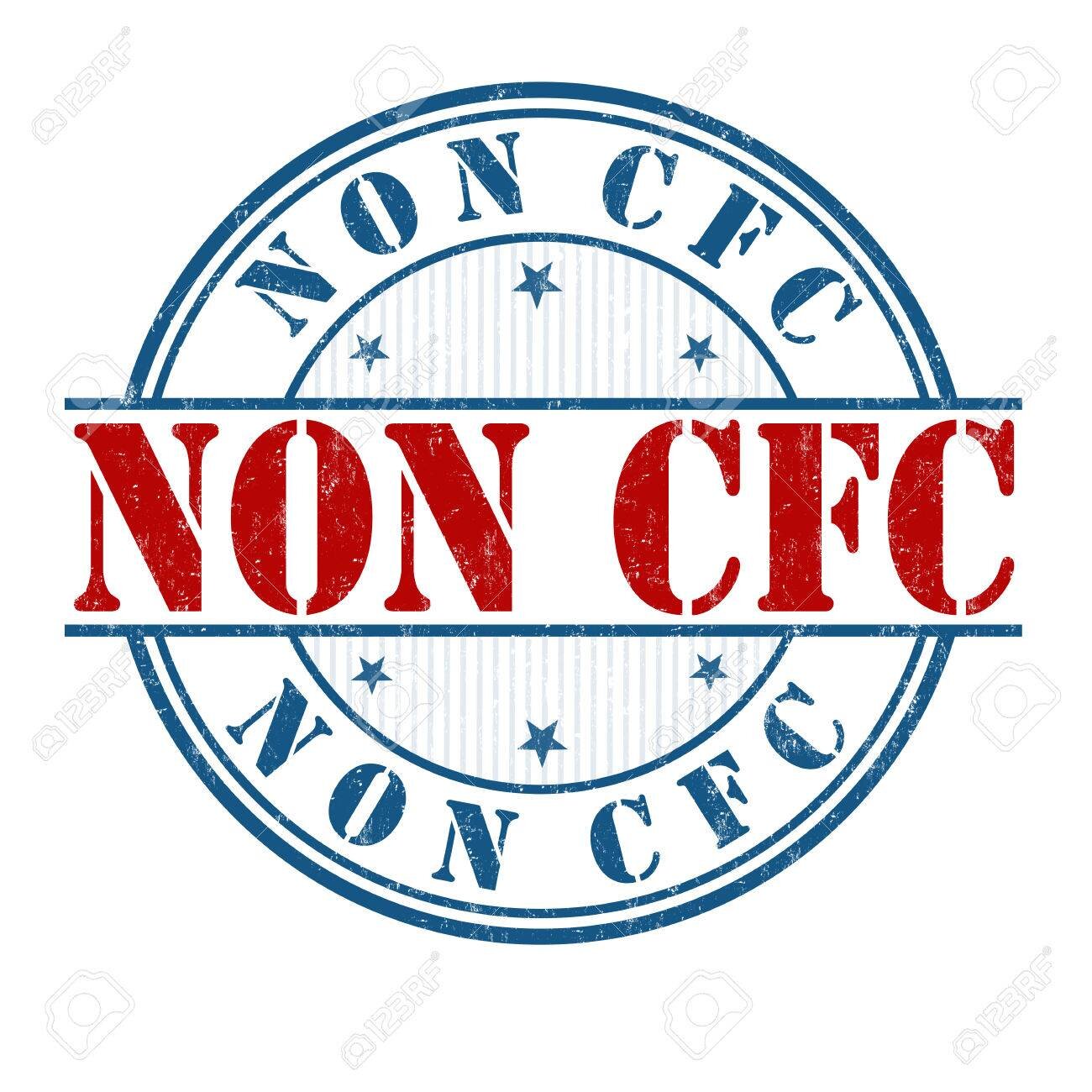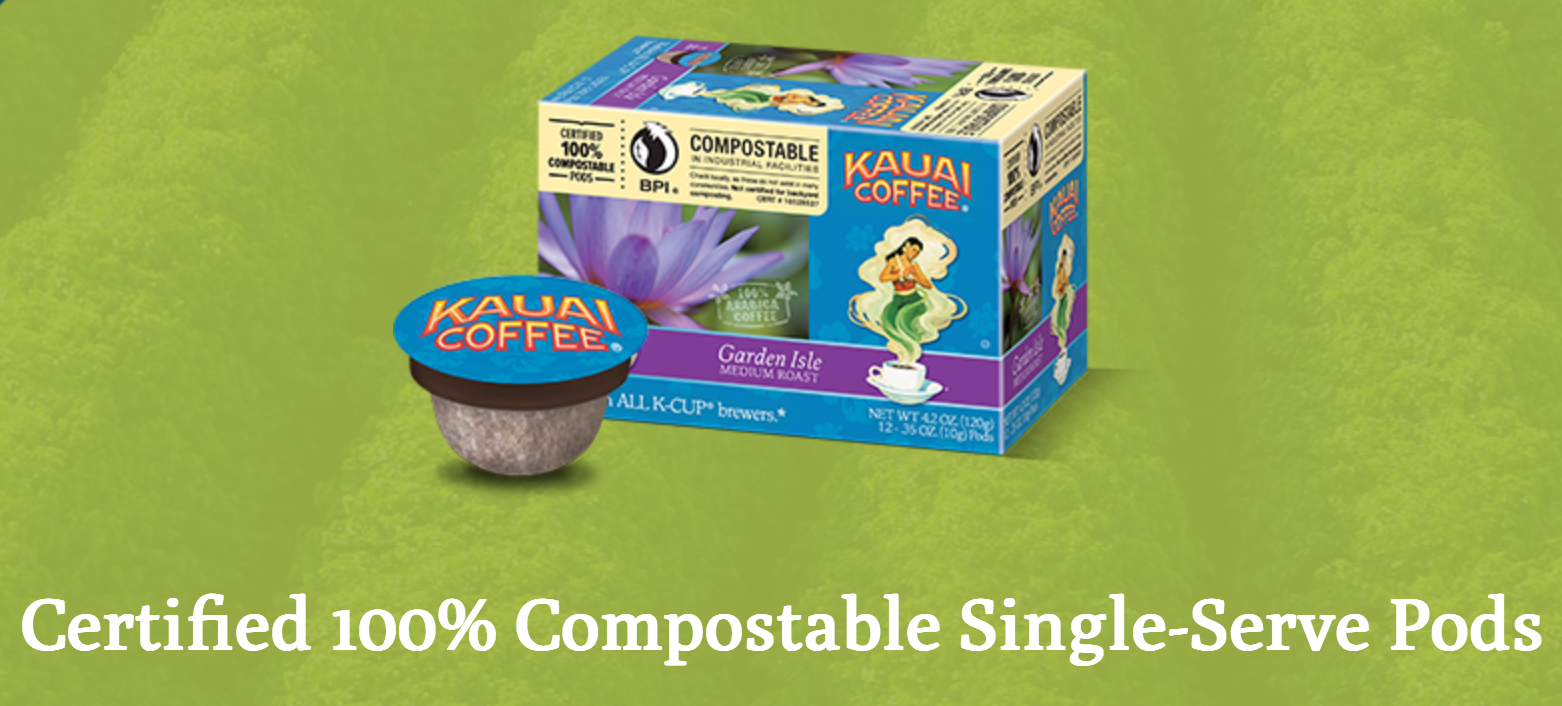Greenwashing
Greenwashing
With the rising awareness of the current climate breakdown, a lot more people are wanting to make more informed and greener decisions. A lot of green initiatives have started, zero waste has become a popular term, and organisations and companies have decided to have a good look at themselves and go greener.
So far so good, right?
It is great for the people, companies and organisations who have actually made changes and are doing the right thing. But there are plenty others who want to profit of the “green” revolution by pretending they are sustainable when they really aren’t. There is a big difference between companies and organisations that are making changes to be more eco friendly and are genuinely taking steps to be better, and ones that use the “sustainable” label to sell more whilst trying to hide all the unsustainable business they do.
In the mid-1980’s, oil company Chevron created several ads to show their environmental dedication. It was called “the people do” campaign and gives the impression of sustainable commitment. However, Chevron was actively violating the Clean Air Act and was dumping thousands of pounds of pollutants into the Santa Monica Bay.
Chemical company DuPont created ads featuring happy animals, whilst in 1991 they were the largest corporate polluter in the US. If you haven’t yet, check the drama “Dark Waters” which is based on the true story of a lawyer who filed a lawsuit against DuPont over 20 years ago. And because DuPont has so much money, the lawsuit is still ongoing.
Last year thousands of Amazon employees signed an open letter to the CEO Jeff Bezos to demand proper climate action. After threatening a walkout of 3000 workers, the company announced the Climate Pledge Fund. Sounds good right? So what does it mean? Jeff Bezos bought the rights to name a stadium in Seattle, US and called it “the Climate Pledge Arena.” He said it should serve as “a regular reminder of the importance of fighting climate change”.” In his instagram post he mentions that “it will be the first net zero carbon certified arena in the wold, generate waste from operations and events, and use reclaimed rainwater in the ice system to create the greenest ice in the NHL.(National Hockey League)”
The climate pledge fund is aiming to do more than just setting up the stadium and it will invest $2 billion in funding “to support the development of sustainable and decarbonizing technologies and services that will enable Amazon and other companies to meet the goals set by The Climate Pledge.”
Jeff Bezos is the richest man in the world and his net worth is currently 178.2 billion. Remember, 1 billion is 1000 times a million. It is an absurd amount and in my opinion, if you have that amount of money you have a duty to make the world better. Instead, Amazon is well known for badly treating its employees, tax avoidance and its negative impact on the environment. So creating this image for themselves of caring about the planet is honestly, greenwashing. Yes it will do some good, but it is nothing in comparison to the negative affects they’ve had on the environment and the people.
These are big scale examples but greenwashing can be a lot more sneaky.
So how do we know who are actually doing the work and who are just profiting from greener marketing whilst not making any significant changes? We have to of course keep in mind that change takes time and some companies are just still in the process of making themselves greener.
In 2010 Terrachoice did a study into greenwashing and found out that more than 95% of the products they researched were guilty of at least one of the seven “sins of greenwashing”. So what are they?
- The Hidden Trade-off
This is when positive environmental claims are being made but larger negative environmental factors are being left out.
- No proof
Environmental claims that aren’t backed up by factual evidence or can’t be easily verified with data or through a third party. For example, some companies have self-verified their own green materials which makes it really difficult to check how green it actually is. Another example is talking about the percentage of recycled materials in a product without any evidence.
- Vagueness
Using words such as “all natural”, “conscious”, “biodegradable”, “organic”. Advertising regulators exist but often these words don’t have one definition and aren’t regulated which means companies give their own meaning to them.
- Worshipping false labels.
This is creating false certifications to mislead consumers into believing that the product went through a legitimate green screening process. But instead, the company put the label of their own in-house environmental program on.
- Irrelevance
Unrelated environmental issues are emphasized. For example, mentioning that something is CFC free, whilst CFC’s have been banned by law for over 20 years.
- The lesser of two evils.
Environmental claims on products that have no environmental benefits to begin with. One good example of that is “organic cigarettes”.
- Fibbing
Environmental claims that are completely false. Such as the Volkswagen Clean Diesel commercial where they claim their diesel car emits zero carbon dioxide.
It takes 450 years for a plastic bottle to decompose. Fiji said they were carbon negative and were sued when it came out that this wasn’t true.
Irrelevance. CFC has been banned since 1996
The hidden tradeoff. Bottled water companies don’t produce water, they produce plastic bottles.
The lesser of two evils. Organic cigarettes.
Sure, better than plastic. But this doesn’t make the product green.
These pods are only compostable at industrial facilities and not at your compost pile in your backgarden.
Fibbing. Clean diesel doesn’t exist.
I want to reiterate that there are great environmental schemes out there and we shouldn’t dismiss every company that genuinely changes their ways to be greener. However, we should all be aware of these greenwashing practices and call out the people and companies who are guilty of this.








